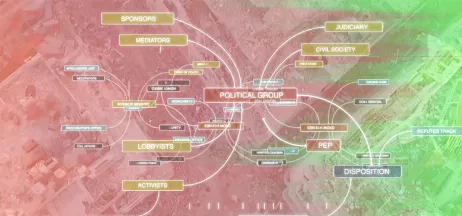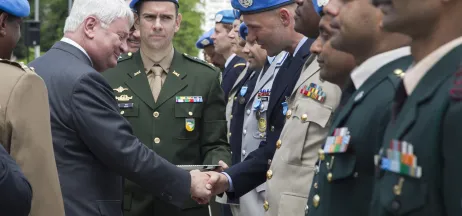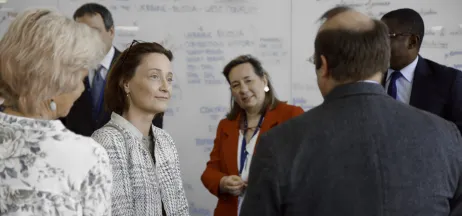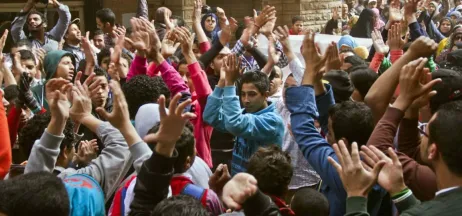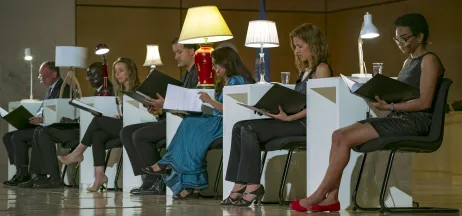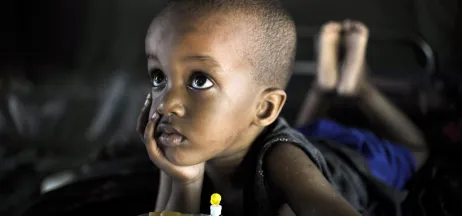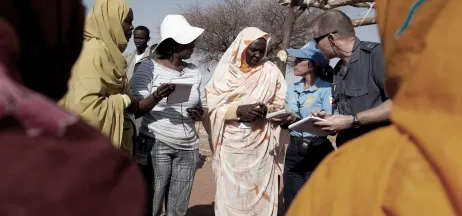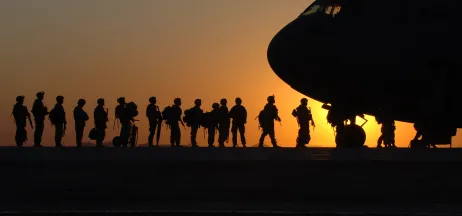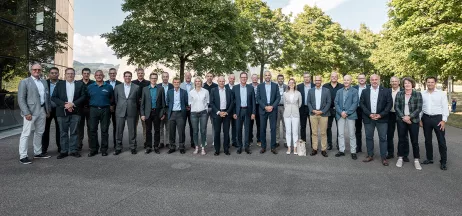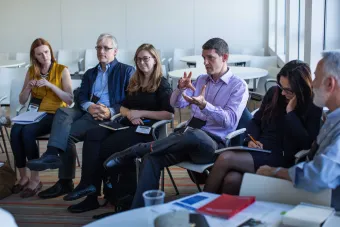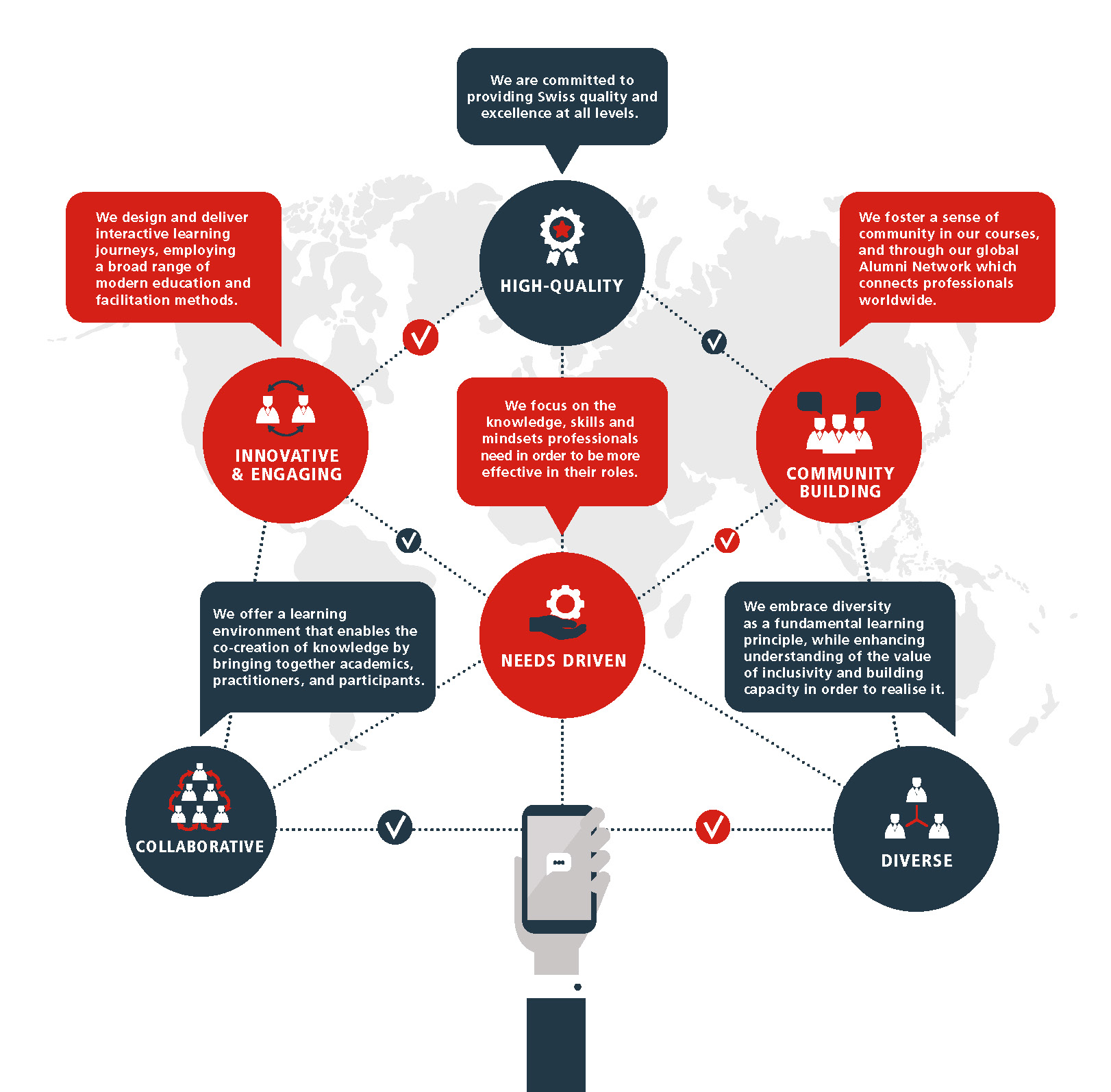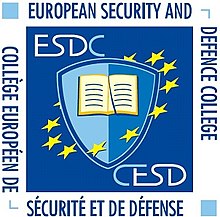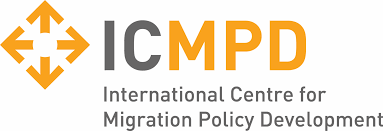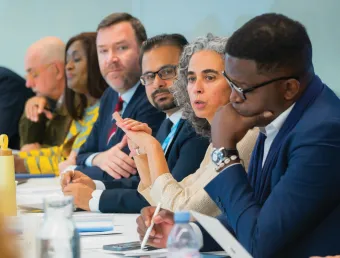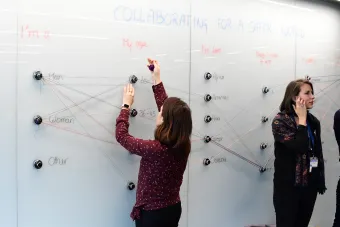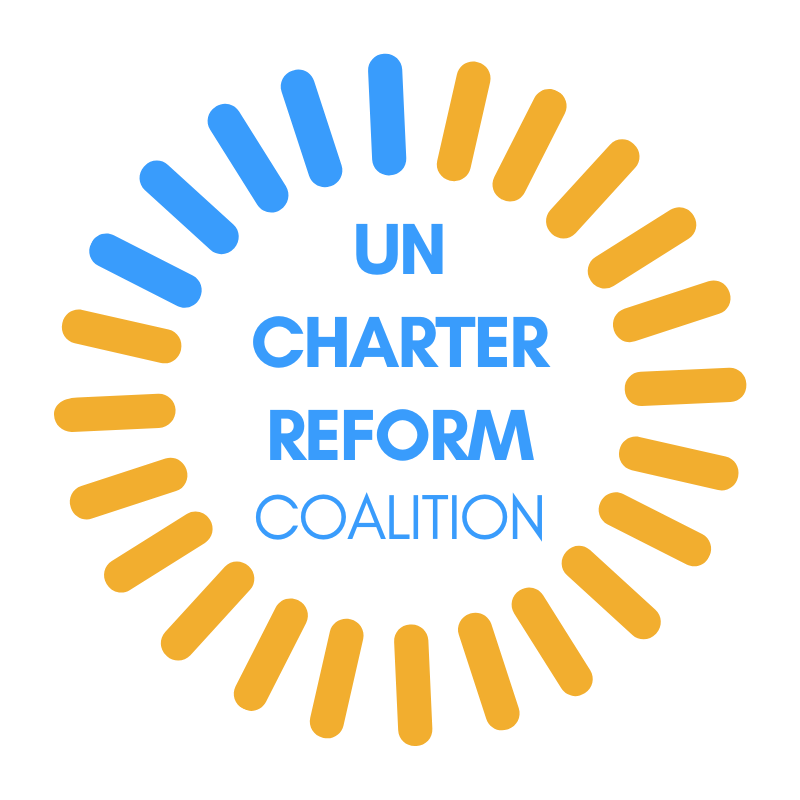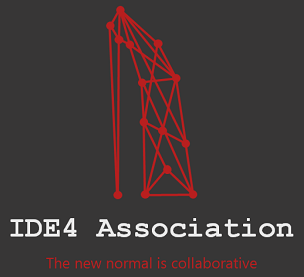The GCSP facilitates diplomatic dialogue with a view to assisting policymakers to find solutions to common problems, reduce tensions, and manage international relations peacefully. Owing to our experience in dialogue and mediation, in-house expertise, vast regional networks, and our strategic placement in international Geneva, we are ideally positioned to facilitate confidential discussions.
As geopolitical rivalries deepen and communication lines are cut, seemingly irreparably, the need for quiet, informal diplomacy has become greater than ever. In this context, establishing safe spaces for discourse is of paramount importance. Against this backdrop, Track 1.5 and Track 2 discussions can help keep threads of communication alive, and promote constructive engagement where it is currently not possible at the official level. Our diplomatic dialogue initiatives are designed not only to gradually rebuild trust and confidence, but also to find common ground so that the rationale for resumed cooperation is clear.
Turning theory into practice
The war in Ukraine has created a major trust deficit that continues to play out not only in the direct relationship among the big powers, but also in various regions where the West and Russia are both invested.
Rebuilding links between interlocutors in key states will be an arduous task, and Track 2 actors like the GCSP have a role to play in it. As such, the GCSP is working hard to identify opportunities for re-establishing communication flows that will be essential to the eventual rebuilding of more harmonious working relationships.
Of course, the geopolitical rupture over Ukraine has considerable implications for the rest of the world and the multilateral system. While cooperation has stalled at the Track 1 level, impartial actors like the GCSP can help enable channels of communication at the unofficial level, with a view to identifying paths towards a gradual return to proper diplomacy. With this in mind, the GCSP offers a neutral and safe platform for exchanges between government representatives and experts.
We aim to stimulate meaningful debate and new thinking on security, as opposed to the zero-sum thinking that often pervades public discourse. To achieve these objectives, the GCSP facilitates a range of dialogues that aim to elaborate creative ideas for addressing geopolitical and regional tensions.
Department of Mediation and Peace Support The Department of Mediation and Peace Support's dialogue portfolio strives to facilitate open and informal exchanges among countries with shared regional crises or common dilemmas, with a view to generating actionable policy ideas that are communicated to relevant authorities for consideration in official peace talks or at the Track 1 level. We do so by developing and maintaining strategic partnerships, nurturing influencers, and reaching out to policymakers and leaders. | International Security Dialogue Department In an era marked by conflict, division and polarisation, the International Security Dialogue Department at the Geneva Centre for Security Policy offers a neutral and trusted platform for actors to preserve channels of communication. We strive for inclusive dialogues representing geographical and gender diversity, as well as different schools of thought. We provide a safe space for Track-2 and Track-1.5 dialogues that bring together both likeminded and non-likeminded actors. |



